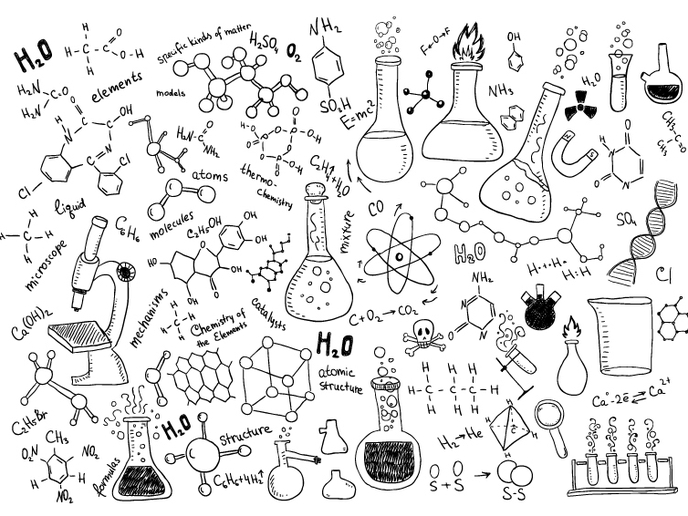Graphene-based spintronics for next-gen molecular electronic devices
Not so long ago, spintronics — the development of nanoscale electronics for the fabrication of hard drives based on the detection and manipulation of electron spin — and molecular electronics — the use of molecules as the primary building block for electronic circuitry — were considered separately. By developing a switchable, room-temperature spin-polariser employing electro-active and magnetic molecules and integrating them into graphene-type electrodes modified with ferromagnetic materials, ACMOL provides a new route for spintronics research. ‘Despite the fast progress in spintronics, “molecular spintronics” still presents great challenges,’ explains Dr Núria Crivillers, coordinator of the project for ICMAB-CSIC in Spain. ‘Whilst the market demands a continuous reduction of the size of the magnets forming hard disk drives, the question of how the spin of molecule interacts with an electrical current still had to be answered.’ ACMOL is contributing to this answer with a proof-of-concept whereby an electrical current can interact with the spin of the molecule that can be switched between different states. The project enabled measurement and controlled charge transport across electrode-molecule-electrode junctions, developed a novel graphene-based technology for molecular spintronics, and compared its performance with that of standard technology based on coinage metals. ‘Gold is the preferred material for building nanometre-spaced electrodes for model experiments in molecular electronics, but these electrodes are not stable at room temperature, provide poor reproducibility and do not allow for spin injection. Graphene, on the other hand, can provide such stability. It combines high mechanical strength, exceptionally high electronic and thermal conductivities, impermeability to gases, and stability at room temperature and its 2D structure has the potential for more reproducible molecular junctions,’ Dr Crivillers says. Thanks to ACMOL, the technology for realising such stable electrodes and related molecular devices has been considerably advanced. And that’s just one of its many achievements. The project also notably made a thorough characterisation of graphene-based molecular devices from room-temperature down to cryogenic temperatures; demonstrated how molecules covalently grafted onto mechanically robust graphene substrate could be ideal candidates for next-generation molecular electronic devices; developed a new methodology for mass fabrication of nano-spaced electrodes with nanometre-scale spatial confinement and low-power consumption; came up with an all-carbon break-junction technique in the 'Scanning tunneling spectroscopy' (STM) configurations introducing novel STM graphite tips; and created new advanced computational methods for treating quantum electron transport that were implemented in Smeagol software. ‘Our devices may contribute to catalyse the development of a new generation of high performance, cost effective, non-volatile, versatile, ultra-fast and low-power consuming electronic devices in fields such as high density data storage, microelectronics, (bio)sensors, quantum computing and medical technologies,’ Dr Crivillers points out. Although the project didn’t aim to venture beyond fundamental research, the understanding and control of the molecule spin/electron interaction and the development of graphene-based technology will certainly contribute to the scientific and technological revolution of molecular spintronics. ‘We believe that the ACMOL results help towards the development of new concepts guiding hybrid-technologies which might reach beyond the limits of current silicon-based technology,’ Dr Crivillers says. In the future, she notably foresees applications in layered materials other than graphene, such as MoS2, BN or MoSe2. All in all, ACMOL’s technical, experimental and computational achievements can make Europe more competitive in the fields of molecular spintronics and graphene technologies.
Keywords
ACMOL, spintronics, molecular electronics, graphene, hard disk drive, electronics







